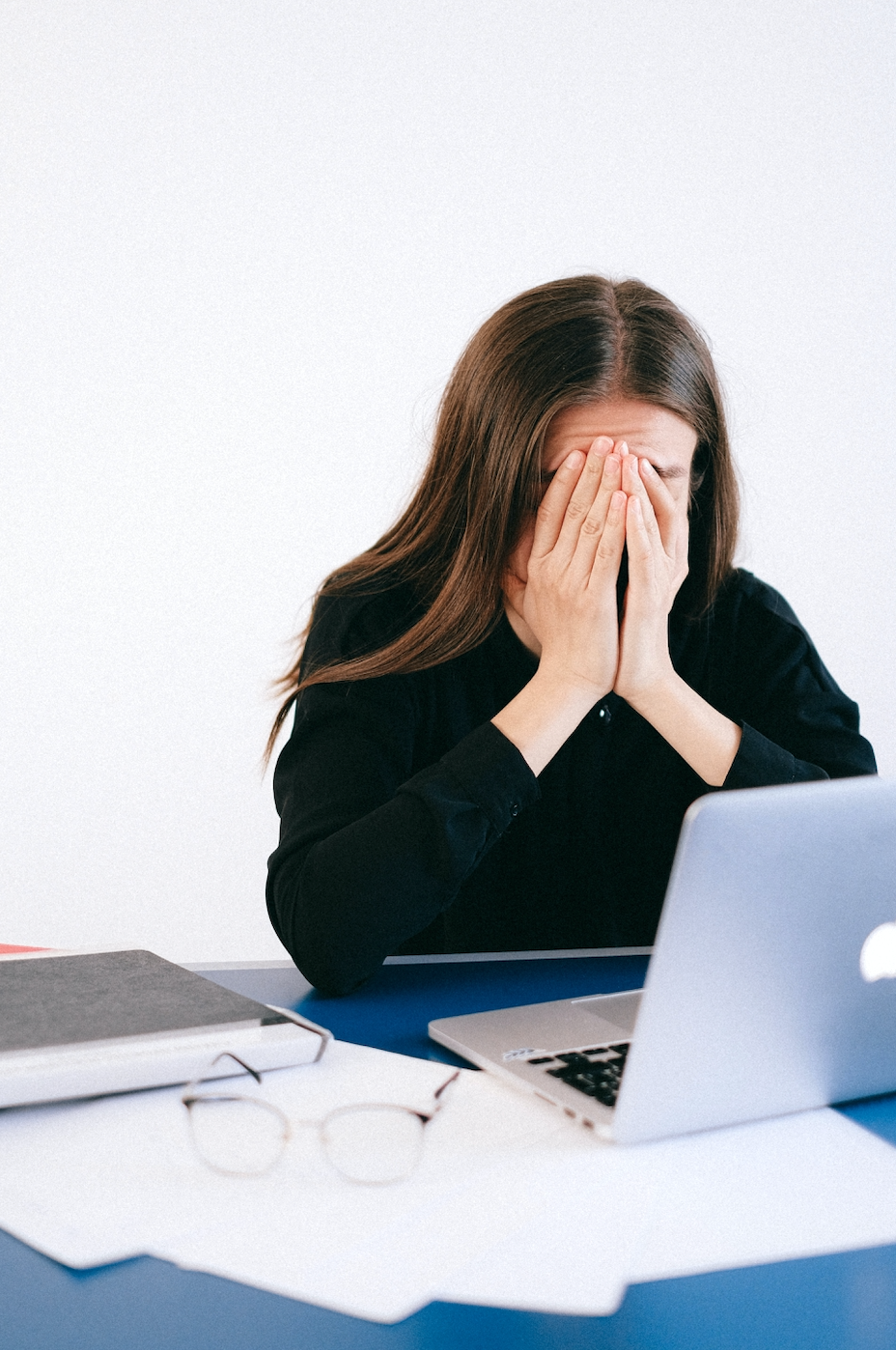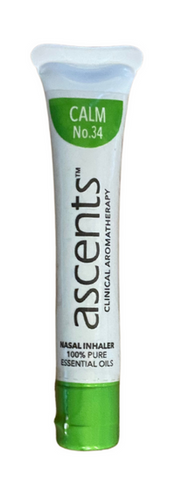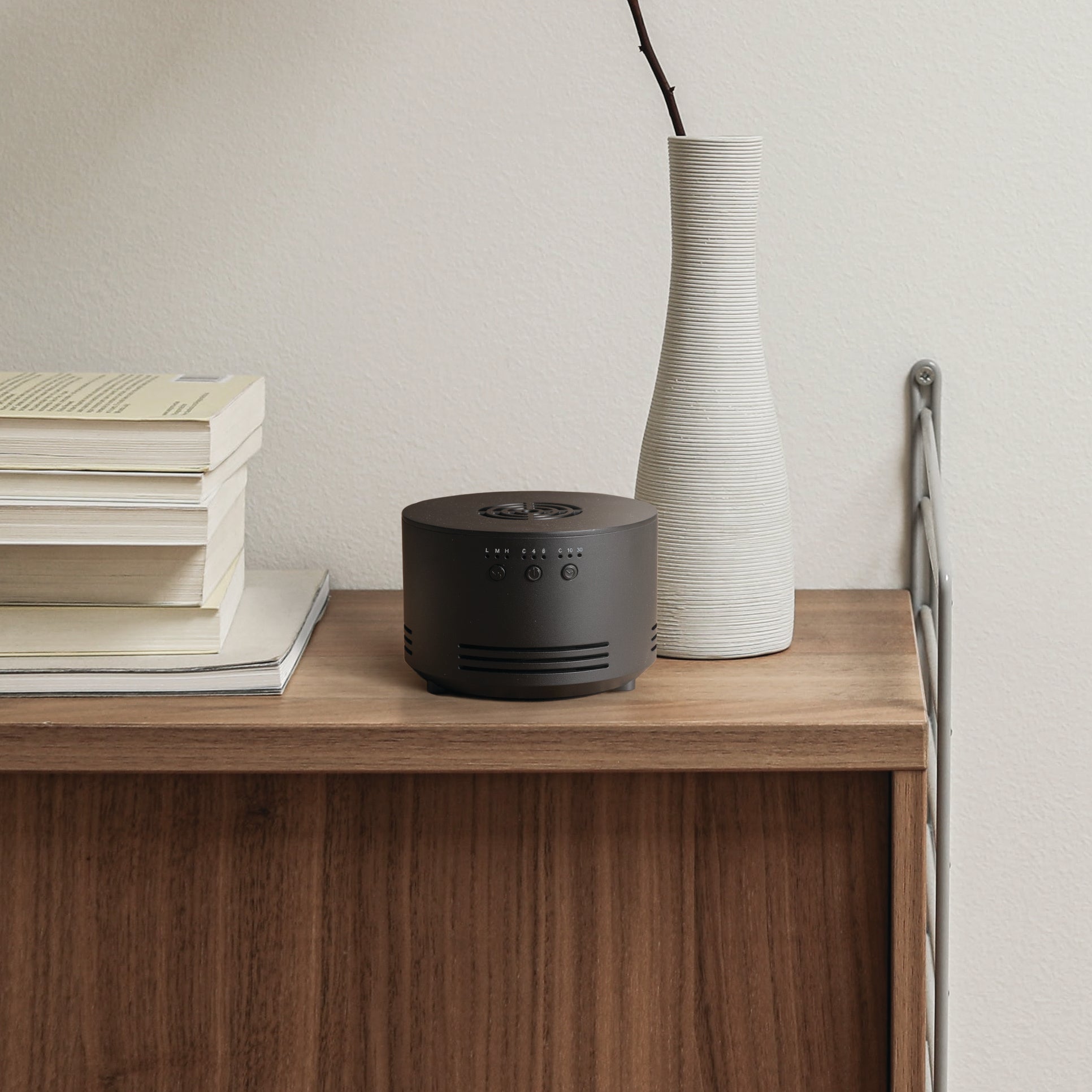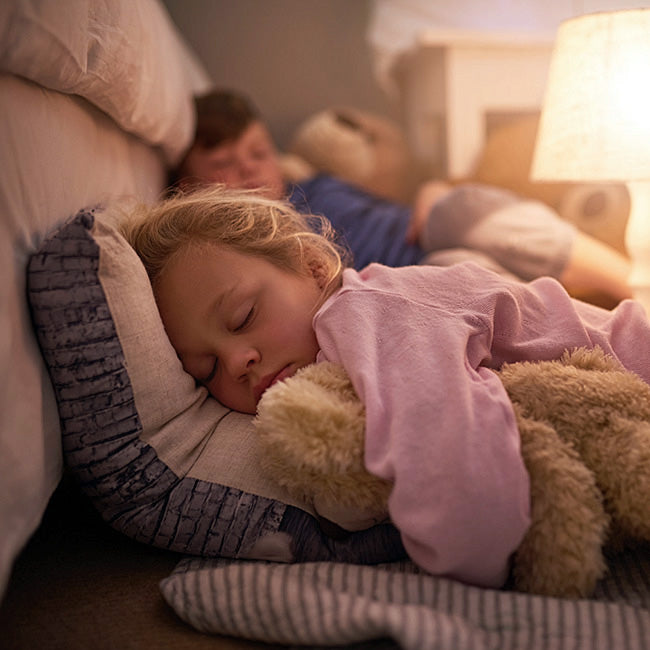
Anxiety and Stress: Unwanted Companions in Modern Life

Life in the fast lane -- which is unfortunately where most of us have to drive, nowadays -- often leads to a rather unwelcome pair of passengers: anxiety and stress. These two, though not exactly the best of friends to most of us, somehow find their way into our lives daily. Whether it's due to the pressures of a demanding job, family responsibilities, or just living in a world that can feel chaotic and unstable, anxiety and stress are often uninvited guests.
Understanding the Anxiety-Stress Duo
Anxiety and stress are somewhat like distant cousins. They share similarities but have their distinctions. Let's delve into what makes them tick and why they often team up.
Anxiety: The Persistent Worrier
Anxiety is that nagging feeling of unease, a persistent worry about what's to come. It's your mind's way of trying to anticipate and prepare for potential threats, both real and perceived. This can sometimes be beneficial, as it keeps you alert and cautious. However, when anxiety spirals out of control, it can lead to excessive and often irrational fears. Generalized Anxiety Disorder (GAD) takes this to the extreme, causing chronic worry, tension, and restlessness.
Stress: The Reaction to Pressure
Stress, on the other hand, is a physiological response to a demanding situation. When your brain senses a threat, it initiates the 'fight or flight' response. This triggers a cascade of hormonal changes, like the release of cortisol and adrenaline, preparing your body to deal with the situation. In small doses, stress can be a lifesaver, but when it becomes a constant companion, it starts taking a toll on your physical and mental health.
The Day-to-Day Effects of Anxiety and Stress
Living with anxiety and stress can be challenging, and the effects can impact almost every aspect of your life:
- Physical Symptoms: Chronic stress and anxiety can manifest physically, leading to headaches, muscle tension, heart palpitations, panic attacks and digestive problems. Your immune system can also take a hit, making you more susceptible to illnesses.
- Emotional Rollercoaster: You might find yourself on an emotional rollercoaster, experiencing mood swings, irritability, and sometimes even bouts of depression. Your self-esteem may plummet as negative thoughts spiral out of control.
-
Cognitive Fog: Anxiety can leave you with a racing mind that's tough to switch off. Stress can lead to forgetfulness and poor concentration, making it difficult to focus on tasks and decisions.
- Social Strain: As anxiety and stress mount, they can affect your personal and professional relationships. You might become more withdrawn or irritable, causing conflicts and isolation.
Reducing Stress and Anxiety: A Helping Hand
Now, the million-dollar question is: how do you get rid of anxiety and stress or, at the very least, reduce their impact? Fortunately, there are a variety of strategies that can help.

-
Mindfulness Meditation: One effective technique to manage stress and anxiety is mindfulness meditation. It involves focusing on the present moment, and acknowledging your thoughts and feelings without judgment. Studies show that regular mindfulness practice can help reduce anxiety and improve overall well-being.
-
Physical Activity: Exercise is a natural stress buster. Regular physical activity releases endorphins, your brain's feel-good neurotransmitters, which can alleviate symptoms of anxiety and stress. Whether it's yoga, running, or dancing, choose activities that you enjoy and make them a part of your routine.
-
Healthy Lifestyle: Maintaining a balanced diet and adequate sleep is essential. Caffeine and sugar can exacerbate anxiety, so consider reducing your intake. Similarly, aim for seven to nine hours of quality sleep each night to ensure your mind and body have time to recharge.
- Professional Help: If anxiety and stress are significantly impacting your life, consider seeking professional help. Therapy, such as Cognitive Behavioral Therapy (CBT), can be incredibly effective in managing anxiety. Sometimes, medication may be necessary and should be discussed with a mental health professional.
Aromatherapy for Stress and Anxiety

In the quest to reduce stress and anxiety, we often overlook the power of our sense of smell. Aromatherapy, an age-old practice, taps into this sense to soothe our troubled minds. This is where Ascents Clinical Aromatherapy, in particular, our Calm No. 34 essential oil formula, can help.
The Science of Aromatherapy
Aromatherapy operates on the belief that specific scents can influence our emotions and mood. When it comes to reducing anxiety, science shows that certain essential oils can be remarkably effective:
Lavender: Lavender is renowned for its calming properties. Studies suggest that inhaling its scent can reduce anxiety and improve sleep quality.
Orange: This citrusy essential oil is known to be an excellent mood enhancer, often used to alleviate symptoms of anxiety and depression.
Patchouli: An earthy essential oil that has been shown in studies to reduce feelings of stress as well as compassion fatigue.
Ascents Calm No. 34 combines these essential oils into a powerful formula that can be an incredible ally in the battle against anxiety and stress helping create an oasis of serenity within the chaos of daily life. By inhaling these soothing scents, your brain receives signals that help alleviate these negative feelings, bringing a sense of balance and peace. And, incorporating Calm into your daily routine is incredibly easy, especially when using Ascents nasal inhalers, which are portable and easy to use wherever you might need them.
Remember, the journey to managing anxiety and stress is unique for each person. What works for one may not work for another. Therefore, it's essential to explore different methods and find the combination that suits you best.
Reducing stress and anxiety requires time and self-compassion. It's about taking small steps every day, incorporating healthy habits into your life, and seeking professional help when you need it. Ascents' Calm formula is an excellent addition to your self-care routine, working alongside other strategies to help you find tranquility in the midst of life's challenges. So, when you're wondering how to get rid of anxiety and stress, remember that you're not alone, and there are numerous tools at your disposal to help you on your journey to a more relaxing and tranquil life.








Leave a comment
This site is protected by hCaptcha and the hCaptcha Privacy Policy and Terms of Service apply.